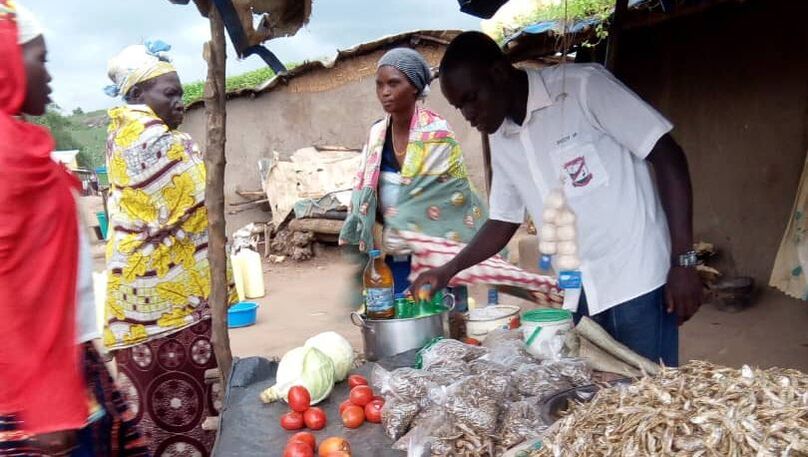 In Kyaka II refugee settlement in Uganda, we work with local communities to provide early years education and support for the youngest Congolese refugee children. To help support teachers and encourage them to take ownership of the programme in the long term, we enable them to generate a sustainable income through a small business loan scheme. In Kyaka II refugee settlement, we work with 30 communities and support them to provide early childhood education and support to thousands of young children through 30 Early Childhood Development (ECD) centres and outdoor ‘cluster group’ learning. Teachers are trained from within the community so that children can learn from familiar, trusted adults, in their own dialect. Teachers receive a small stipend and contributions from parents, but this doesn’t amount to much. As the aim of the programme is to establish complete community ownership, it is unsustainable to pay wages in the long term. But with high quality training and only a small income, teachers tend to leave the refugee settlements and search for work elsewhere. So to encourage local business, long term commitment to local children, and sustainable income and ownership, we provide microloans of around £40 to our teachers along with business and financial management training. Through this scheme they can supplement their earnings by building their own businesses and ensure a reliable income for the future.
He was about to give up when he heard about the loan scheme we run for teachers in Kyaka II. John began to attend all the training sessions on business planning and formation, savings and management. He then applied for a loan of 200,000 UGX (about £40) and focused on procuring many of the items that were in demand with his customers. Since this time, John has doubled his profits and has used them to expand the business even further. He says, “Most of my colleagues have found it a hard time during the coronavirus pandemic, but for me I have been able to sail through peacefully”. He added: “I am so grateful for what Children on the Edge did for me. My uncle has been ill so I have also been able to provide for his family.”
Although his business has struggled with the impact of COVID 19, Solomon has been able to sail through both waves of the pandemic in Uganda without lacking food or other basic needs. He has also been able to grow his business and his working capital is now estimated to be at about 800,000 UGX, which he hopes will continue to grow. According to Solomon, “Children on the Edge Africa was like an angel sent from God. I cannot imagine how I would have survived through this lockdown with the schools closed if I had no business to rely on. I recently got in a motorcycle accident, but I was able to cater for my medical bills, even when there was no medicine available at the local Bujubuli Health Centre. I cannot thank them enough as this scheme has done wonders for me”. Pascali Samual teaches at Kaborogotta ECD Centre. After receiving a business loan he set up a smoked fish stall, which he described as a ‘dream come true’ despite the fact that it has taken hard work to keep going during the pandemic. Pascali’s stall has enabled him to keep going through lockdown, put some savings aside and buy a few of the clothing items that he couldn’t afford before. It costs around £40 to provide a microloan to a teacher in Kyaka II refugee settlement. These are paid back over an agreed period of time and recipients are supported with training and advice from Children on the Edge Africa. Our work in Kyaka II, Uganda is kindly funded by the Players of People's Postcode Lottery
Support usComments are closed.
|
RECEIVE OUR EMAILSBlog Categories
All
Archives
July 2024
|
|
JOIN US ON SOCIAL MEDIA
|
Annual Report | Contact Us | Jobs | Media Centre | Resources | Shop
Accessibility & Policies: Accessibility | Equity, Diversity & Inclusion Policy | Complaints| Privacy Policy | Safeguarding
Accessibility & Policies: Accessibility | Equity, Diversity & Inclusion Policy | Complaints| Privacy Policy | Safeguarding
Children on the Edge, 5 The Victoria, 25 St Pancras, Chichester, West Sussex, PO19 7LT, UK | 01243 538530 | [email protected]


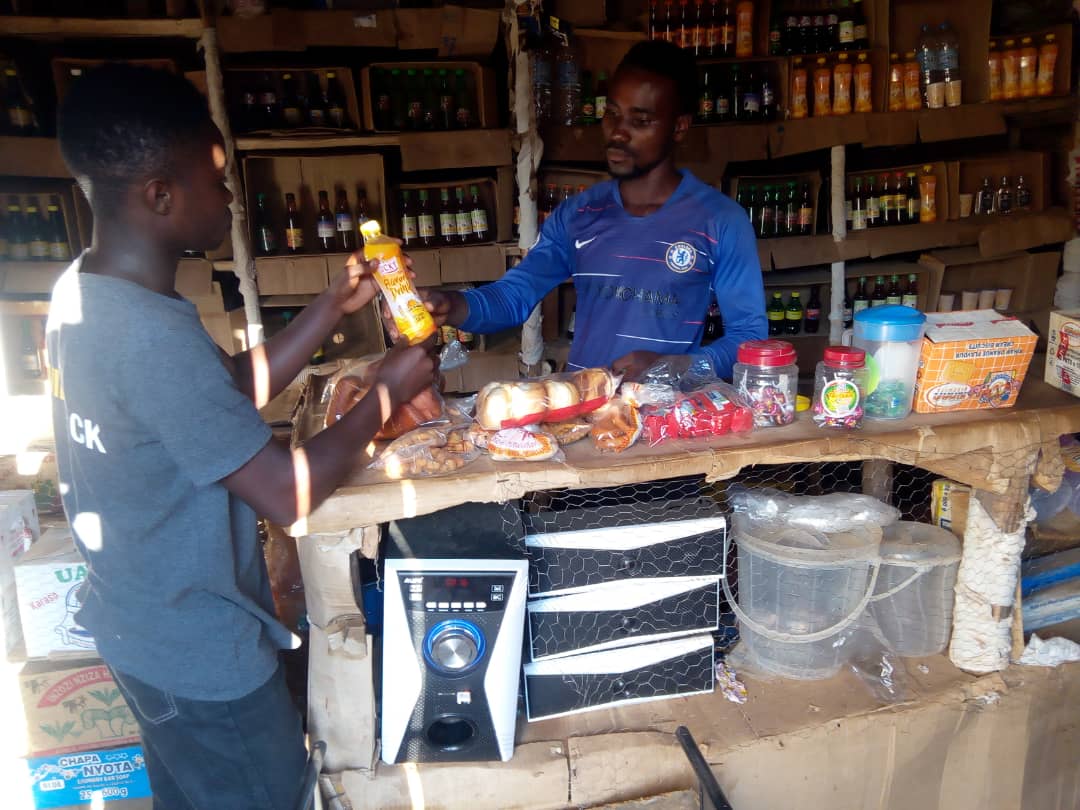
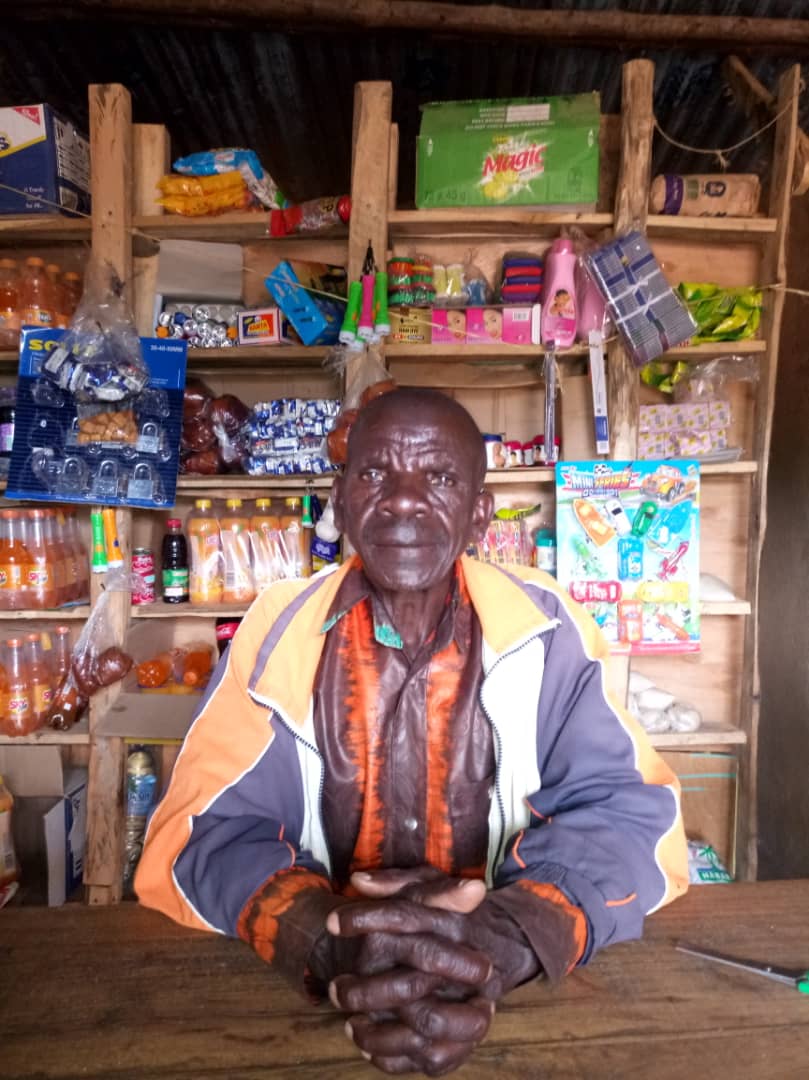
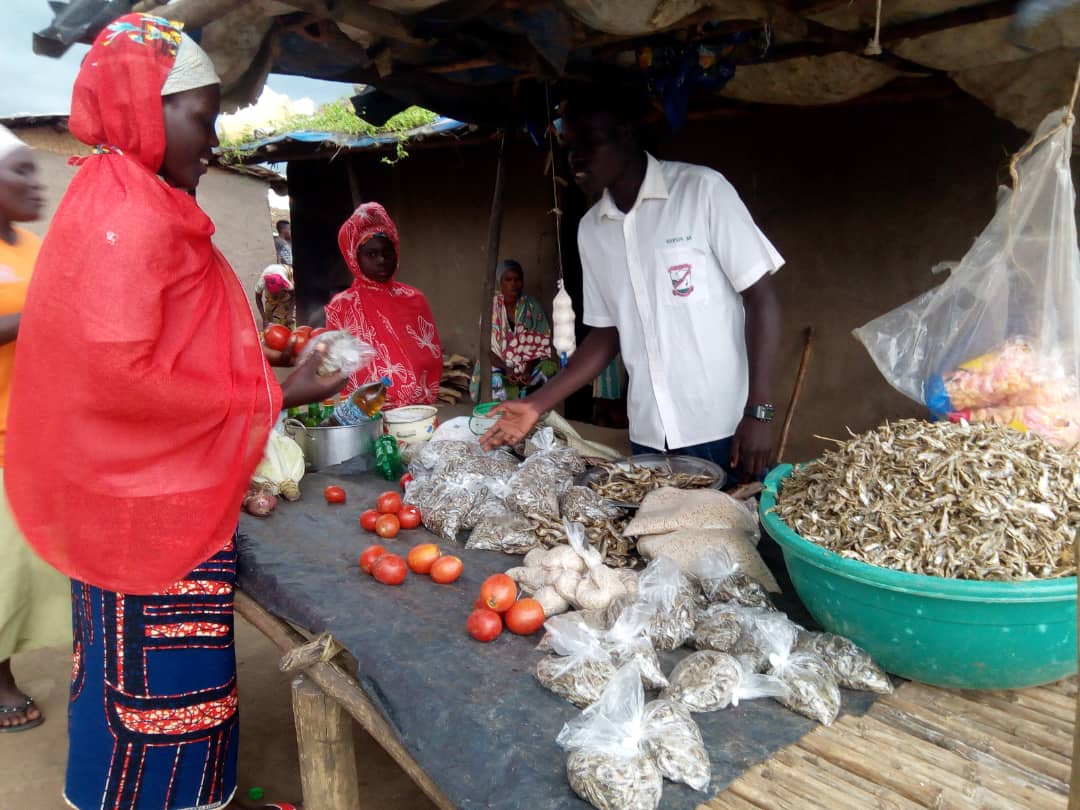
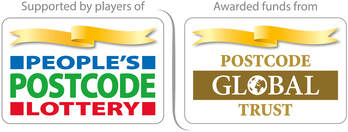
 Give monthly
Give monthly Fundraise for us
Fundraise for us RSS Feed
RSS Feed
